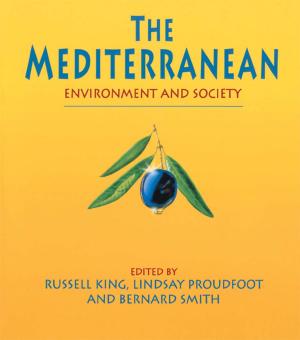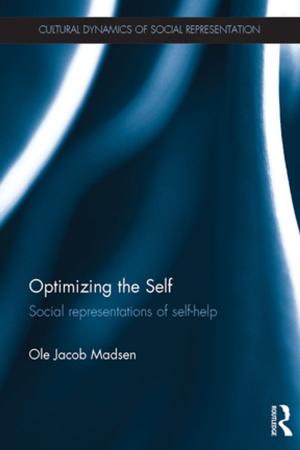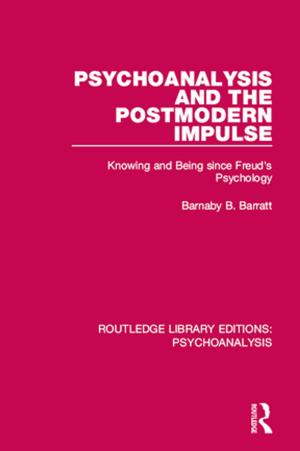Blind Obedience
The Structure and Content of Wittgenstein's Later Philosophy
Nonfiction, Religion & Spirituality, Philosophy| Author: | Meredith Williams | ISBN: | 9781135203221 |
| Publisher: | Taylor and Francis | Publication: | December 21, 2009 |
| Imprint: | Routledge | Language: | English |
| Author: | Meredith Williams |
| ISBN: | 9781135203221 |
| Publisher: | Taylor and Francis |
| Publication: | December 21, 2009 |
| Imprint: | Routledge |
| Language: | English |
There is considerable debate amongst philosophers as to the basic philosophical problem Wittgenstein is attempting to solve in Philosophical Investigations. In this bold and original work, Meredith Williams argues that it is the problem of "normative similarity".
In Blind Obedience Williams demonstrates how Wittgenstein criticizes traditional, representationalist theories of language by employing the ‘master/novice’ distinction of the learner, arguing that this distinction is often overlooked but fundamental to understanding philosophical problems about mind and language.
The book not only provides revealing discussions of Wittgenstein’s corpus but also intricate analyses of the work of Brandom, Dummett, Frege, Sellars, Davidson, Cavell and others. These are usefully compared in a bid to better situate Wittgenstein’s non-intellectualist, non-theoretical approach and to highlight is unique features.
There is considerable debate amongst philosophers as to the basic philosophical problem Wittgenstein is attempting to solve in Philosophical Investigations. In this bold and original work, Meredith Williams argues that it is the problem of "normative similarity".
In Blind Obedience Williams demonstrates how Wittgenstein criticizes traditional, representationalist theories of language by employing the ‘master/novice’ distinction of the learner, arguing that this distinction is often overlooked but fundamental to understanding philosophical problems about mind and language.
The book not only provides revealing discussions of Wittgenstein’s corpus but also intricate analyses of the work of Brandom, Dummett, Frege, Sellars, Davidson, Cavell and others. These are usefully compared in a bid to better situate Wittgenstein’s non-intellectualist, non-theoretical approach and to highlight is unique features.















